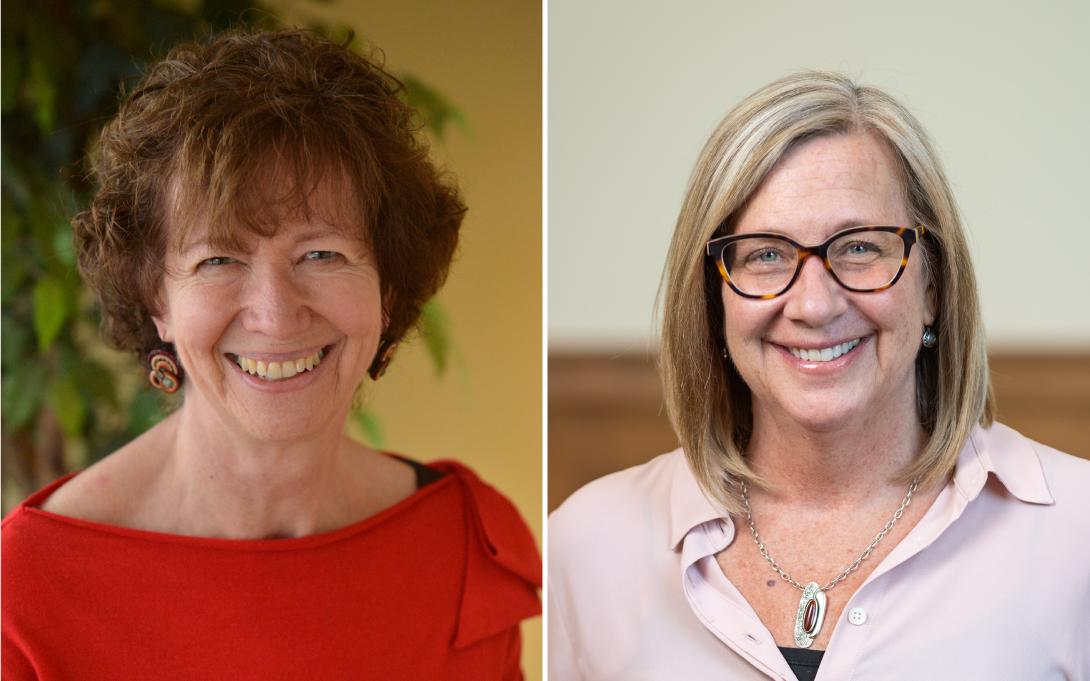
“Trust in public health is essential amid the COVID-19 pandemic,” write Marianne Udow-Phillips and Paula Lantz in a new Journal of Hospital Medicine Perspectives piece.
With more than two million cases of COVID-19 in the United States to date, no vaccine, and few treatments, the need for public health measures to reduce death and disease could not be more important. But proven public health interventions that are containing COVID-19 outbreaks are also enormously disruptive to the economy, the health care system, schools, and the financial and psychosocial welfare of citizens. Helping policymakers and the public adopt the needed measures and stay with them for an extended period of time is an ongoing challenge for public health leaders--one that requires a nuanced understanding of communications and politics.
The authors share strategies for increasing trust in both public health research and emergency interventions, in particular tools and techniques founded in communication science, social marketing, and research on public engagement. In addition, they note the fundamental importance of building collaboration and support for public health measures by working with health system leaders.
Marianne Udow-Phillips, director of the Center for Health and Research Transformation at the University of Michigan and a lecturer at the university’s Ford School of Public Policy and School of Public Health, says public health professionals rarely get training in communications, but that the public health agencies and local government leaders that have earned the greatest trust are those who have been transparent, recognized hardships and sacrifices, and engaged the public--all key tenets of effective communication.
“In the past few weeks, the core public health interventions that are our only chance of keeping COVID-19 under control have been further challenged and politicized, and public health officials in several states have resigned in the face of extreme backlash and physical threats to their safety,” says Paula Lantz, associate dean for academic affairs and the James B. Hudak Professor of Health Policy at the Gerald R. Ford School of Public Policy. “The inability to cut through the politics with effective communication that builds trust and anchors on shared values is contributing to this ongoing public health crisis."
Both Udow-Phillips and Lantz are members of the University of Michigan’s Institute for Healthcare Policy and Innovation, which brings together more than 640 U-M faculty who study and innovate on issues related to healthcare quality, safety, equity and affordability.
“Balancing risk and benefits in the face of great uncertainty is never easy,” they write. “But keeping the public committed to the important and ongoing measures necessary to ensure that prevention and control efforts are effective, and that as few lives as possible are lost, will require strengthening the widespread and deep trust in the science and practice of public health.”
This article was originally published by the Center for Health and Research Transformation.
Paula Lantz is the associate dean for academic affairs and the James B. Hudak Professor of Health Policy at the Ford School. She also holds an appointment as professor of health management and policy in the School of Public Health. Lantz, a social demographer, studies the role of public policy in improving population health and reducing social disparities in health. Lantz is currently engaged in research regarding the potential for and challenges associated with using social impact bonds to fund public/private partnerships aimed at improving health in low-income populations, including Medicaid beneficiaries. An elected member of the National Academy of Social Insurance and the National Academy of Medicine, Lantz received an MA in sociology from Washington University, St. Louis, and an MS in epidemiology and PhD in sociology from the University of Wisconsin.
Since 2007, Marianne Udow-Phillips has served as founding executive director of the Center for Health and Research Transformation (CHRT)(link is external) at the University of Michigan. CHRT works to advance health care delivery, the health of the population, and access to care by transforming research and evidence into actionable policy approaches. Prior to her leadership role at CHRT, Marianne served as director of the State of Michigan’s Department of Human Services (2004-2007) and senior vice president of health care products and provider services at Blue Cross Blue Shield of Michigan (1999-2004). Over the years, she has held many leadership roles at Blue Cross Blue Shield of Michigan (1988-2004, 1978-1985), and Mercy Alternative (1986-1988).
